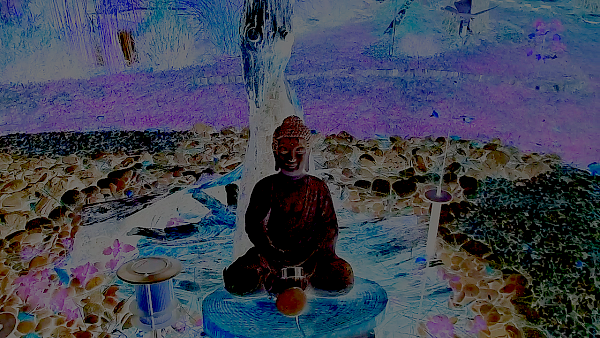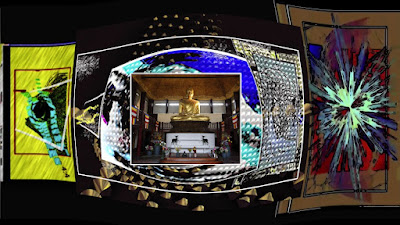Lotus Sutra Buddhist Garden in Parigné l'Evêque : Lotus Sutra Recitatio with AppleMusic Jazz Playlist kall Z Fasteru

Saddharma-Pundarika or The Lotus of the True Law, translated by H. Kern The Dover Publications, Inc. edition, which served as the source for this video, was first published in 1963, as an unabridged and unaltered republication of the work first published by Clarendon Press, Oxford, 1884, as Volume XXI of "The Sacred Books of the East." A strong improviser whose colorful and spiritual music crosses many boundaries (between world music, free jazz, and folk songs from many countries), Zusaan Kali Fasteau plays soprano, shakuhachi flute, cello, piano, percussion, and quite a few "exotic" instruments such as the ney, kaval, sheng, mizmar, moursin, and the sanza. She spent her early childhood in Paris and New York and studied piano, cello, voice, and flute. After earning a B.A. in anthropology and an M.A. in World Music, she became involved in the free jazz scene of New York and San Francisco in the late '60s. In 1972, Fasteau began a 13-year musical exploration


